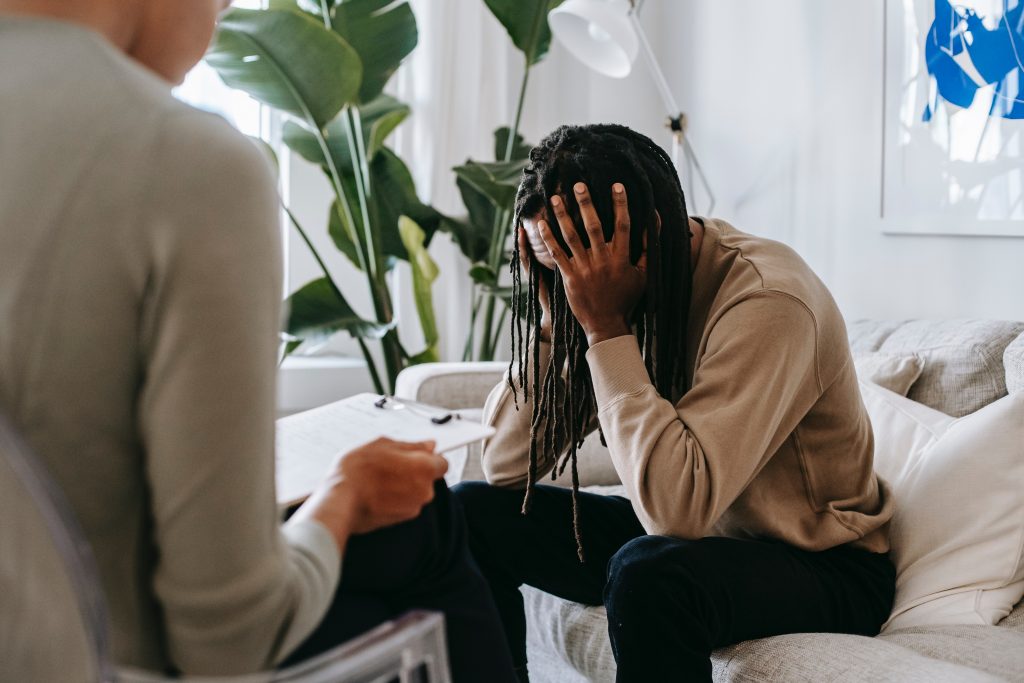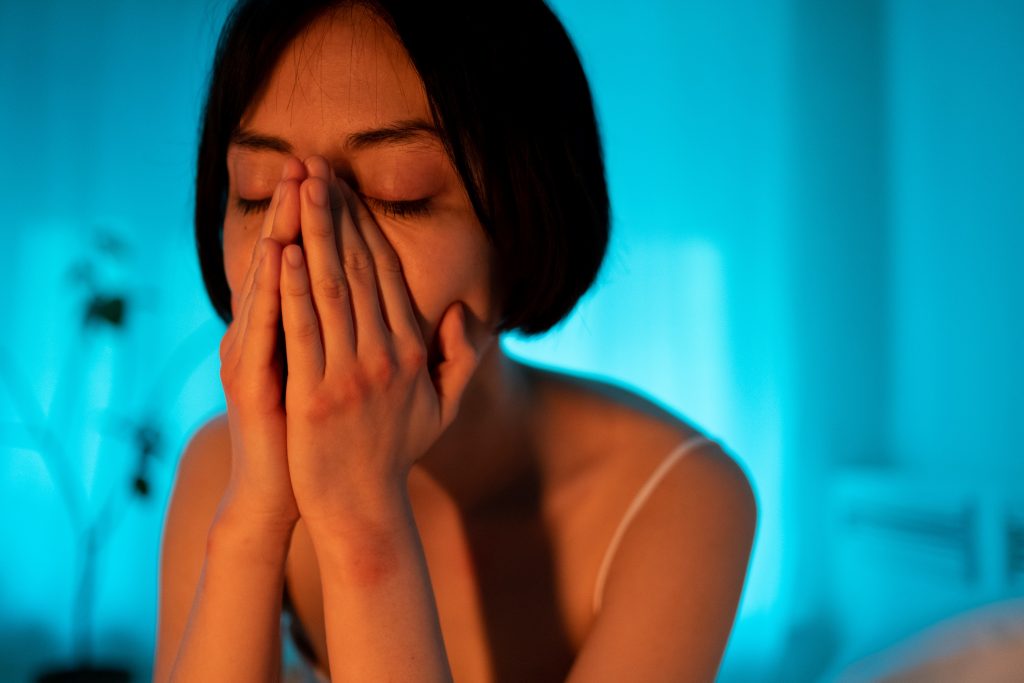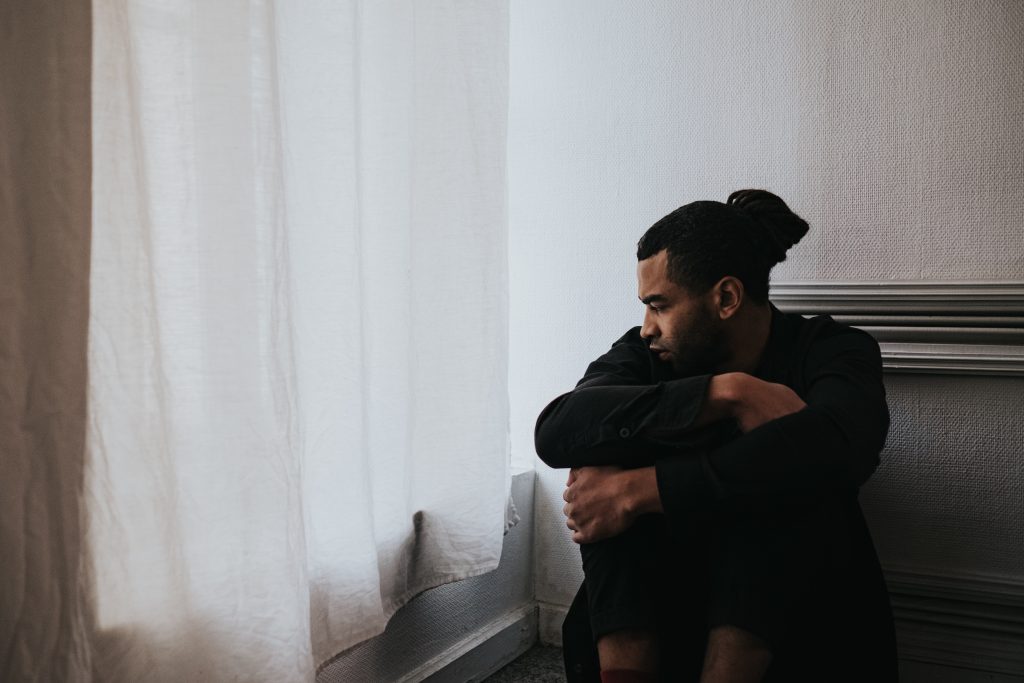10 Things Only Depressed People Will Understand

With the recent movement on mental health awareness that’s been happening over past few years, people are gradually coming to understand more and more about matters of depression, anxiety, trauma, addiction, and other mental disorders. There is also less stigma surrounding the need for therapy and mental healthcare nowadays thanks to the countless public figures who have bravely spoken up about their own struggles with mental illness.
Still, there remains a lot we don’t know about the true nature of depression, the world’s most common mental illness. And even more we suspect only those struggling with it can truly understand. With that said, here are 10 things only depressed people will understand:
1. The difficulty communicating your emotions
For some people going through the throes of deep depression, they may experience many different, complex emotions such as sadness, hopelessness, helplessness, anger, fear, shame, and guilt. But for others still, depression might manifest as an unending sense of emotional numbness and desolation. Either way, putting your feelings into words and communicating them with others is a constant struggle when you’re depressed, especially when loved ones left and right are asking you out of concern how you feel or how you’re doing. You don’t want them to worry, but you just don’t know what or even how to tell them.
2. The pain of losing your love and passion for life
The American Psychological Association (2013) states that one of the defining features of clinical depression is “markedly diminished interest or pleasure in all or almost all activities.” Simply put, this means that people suffering from depression struggle to find joy or enjoyment even in the hobbies and activities they once loved so much, and it makes them lose passion for life. It’s also because of this that many people with depression no longer feel motivated to do anything anymore, because depression has robbed them of even the simplest of life’s pleasures.

3. The guilt of not having “a good reason” for being depressed
Perhaps one of the most difficult things about having depression is the pain of being misunderstood, and a lot of this pain comes from not being able to answer the question: “What do you even have to be depressed about in the first place?” And though we might understand that depression is something that affects people of all ages, genders, race, classes, and social backgrounds, we still can’t help but feel guilty when uneducated people judge us for “not having a good reason” for being depressed.
4. The compulsive desire to self-isolate
Counselors and therapists alike will always stress the need for those struggling with depression to have a good social support system. And though we might understand the need to be surrounded by supportive loved ones during this difficult time, the truth is, when you’re depressed, you will most likely feel a compulsive desire to isolate yourself from others. With no energy and motivation to engage in social interactions, as well as a constant difficulty communicating, finding enjoyment in things, and struggling with feelings of low self-esteem and self-worth, talking to people, spending time with them, and staying in touch can feel too overwhelming when you’re struggling with depression (World Health Organization, 2020).

5. The frustration of not being able to “just snap out of it”
One of the many reasons why depression is such a devastating mental illness to have is that a lot of people don’t really understand its true nature. They think that people who are depressed can “just snap out of it” or just need to “think more positively.” They think that a few days of rest and relaxation or a few motivational videos and self-help books can do the trick.
6. The anger over constantly being told “I understand”
Another thing we don’t talk about enough when it comes to depression is how frustrating it can feel to be constantly told by others that they understand when really, all we want to do is tell them that unless they’ve been diagnosed with depression themselves, no, they really don’t. Just because they’ve “felt really sad sometimes” or “this terrible thing happened to them once” means that they know how it feels to have depression.

7. People thinking depression is the same as sadness
Sadness is a part of the healthy spectrum of human emotions and is actually quite normal to feel from time to time. Depression, on the other hand, is a serious and debilitating mental illness that needs to be treated with professional help and therapy. These things are not at all the same, and yet, some people just can’t seem to grasp the difference.
8. People not understanding that mental illness is real
Similar to the last few points, a harmful misconception about depression is the stigma against mental illness and how many people still seem to think that “depression is a choice” and “mental illness isn’t real.” But just because there are no obvious physical manifestations for other people to see doesn’t mean that the suffering depressed people feel isn’t real (Anxiety and Depression Association of America, 2017).

9. People thinking depression is the same for everybody
Depression doesn’t look the same for everybody. Some people might stop eating and struggle with insomnia, while others might overeat and oversleep. Some people have high-functioning depression and may not even seem like they’re struggling at all, and for others, their depression might force them to lie in bed all day and do nothing (National Alliance Against Mental Illness, 2018). Nevertheless, all experiences of depression are valid.
10. Learning to celebrate the little things
Finally but perhaps more importantly, when you struggle with depression, even the littlest of victories deserve to be celebrated. Got out of bed today? Managed a short conversation with someone? Took the time to brush your hair or take a bath today? Those are all very very important achievements to someone with depression. They might not mean much to other people, but to those of us who struggle with mental illness on an everyday basis, they make up the good days that remind us why we keep fighting and why it’s so important for us to keep holding on.

If you are struggling with depression or any other mental illness, seek help and talk to a mental healthcare professional today. Remember that there is always hope and that someday, things will be better. There’s a brighter tomorrow waiting for you on the other side of the fight against depression.
And if you liked this article and want to know more about this topic, here’s what we recommend you read next: 6 Signs of Concealed Depression, 6 Signs You’re Depressed, Not Lazy, 7 Signs of Depression Caused By Your Childhood, 7 Surprising Habits You Might Develop Because of Depression, and 7 Differences Between Burnout and Depression.
References:
- American Psychological Association (2013). Diagnostic and Statistical Manual of Mental Disorders – 5th Edition. APA Publishing.
- World Health Organization (2020). Fact Sheet on Depression. Retrieved 11 March 2021 from https://www.who.int/news-room/fact-sheets/detail/depression#:~:text=Depression%20is%20a%20common%20mental,affected%20by%20depression%20than%20men.
- Anxiety and Depression Association of America (2017). Understanding Anxiety and Depression. Retrieved 11 March 2021 from https://adaa.org/understanding-anxiety/depression
- National Alliance Against Mental Illness (2018). Mental Health by The Numbers. Retrieved from https://www.nami.org/Learn-More/Mental-Health-By-the-Numbers



Responses